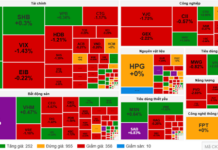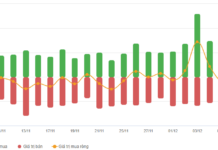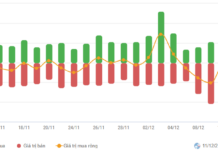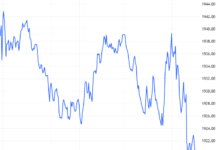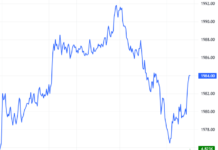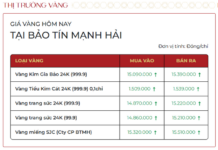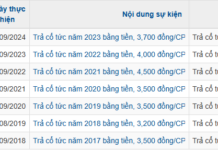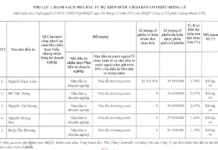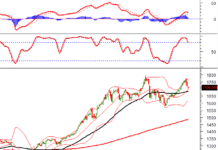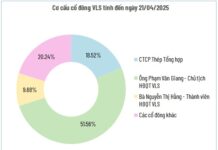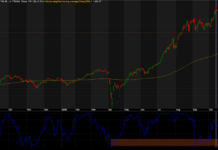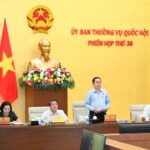The Ministry of Industry and Trade has recently released a draft summary report outlining key considerations and responses to feedback received from the National Assembly’s Standing Committee, the National Assembly’s Committee on Science, Technology and Environment, and other committees regarding the amended Law on Electricity.
The Ministry has carefully reviewed and made adjustments to the amended Law on Electricity, elaborating on various concepts related to electricity pricing to align with the 2023 Law on Pricing. These adjustments provide clarity on electricity pricing, multi-component pricing, pricing of power generation services, and the management of the electricity market.
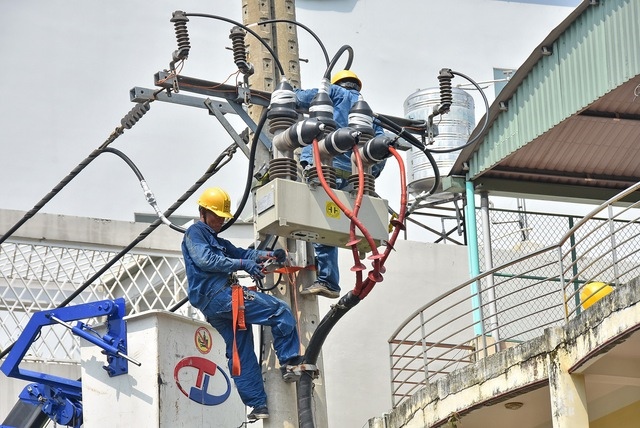 The Ministry of Industry and Trade affirms its commitment to gradually eliminate cross-subsidization in electricity pricing. |
Article 5 of the draft law has been supplemented with policies on electricity pricing, along with additional articles in Chapter V, to ensure the full institutionalization of the Political Bureau’s resolution. This includes a move towards eliminating cross-subsidization and ensuring transparency in all types of pricing.
Particularly noteworthy are the provisions on the competitive electricity market and the protection of electricity consumers’ rights, including policies on the development of a competitive electricity market in Vietnam. The Party and the State are committed to fostering a competitive electricity market, and thus, any halt to this market must be approached with caution and strictly regulated.
On October 1, 2017, the Ministry of Industry and Trade decided to temporarily suspend the competitive power generation market while simultaneously mobilizing gas-fired power plants to ensure they did not incur losses. This decision has raised concerns about its market-oriented nature and potential advantages for gas-fired power plants, as they are exempt from competitive pricing. As a result, relevant agencies emphasize the need for the Ministry to carefully design policies and regulations within this article.
In response to the above feedback, the Ministry has added provisions to Article 62 of the amended Law on Electricity regarding the temporary suspension and restoration of the immediate electricity market within the competitive electricity market at various levels. The permissible cases for temporarily suspending the immediate electricity market are limited to force majeure events, such as natural disasters, wars, or supply-demand imbalances that affect the normal trading activities of the immediate electricity market.
Once the causes for the temporary suspension have been addressed, the immediate electricity market will resume its operations. Additionally, this section outlines the authority of the Ministry of Industry and Trade in deciding on the temporary suspension and restoration of the immediate electricity market.
Another key consideration is the suggestion to define the authority of the Prime Minister in determining electricity prices within the Law on Electricity, while ensuring the role and responsibility of the Ministry of Finance in state management of pricing. In response, the Ministry of Industry and Trade has redesigned Article 77 of the draft law to empower the Prime Minister to decide on wholesale electricity price frameworks, retail electricity price frameworks, power generation price frameworks, and prices for electricity-related services.
The Ministry of Industry and Trade will also coordinate with the Ministry of Finance to propose electricity prices and prices for electricity-related services to the Prime Minister for decision-making. Furthermore, they will guide electricity units in developing and issuing electricity prices within their authority.
Lê Thúy
Is Amending the Power Law Enough to Prevent Monopoly?
The Ministry of Industry and Trade is committed to fostering a competitive energy market, with transparency and disclosure at its core.
“Minister Nguyen Hong Dien: The Electricity Tariff Structure Will Remain With Five Steps, and Step One Will Be Increased to 100 Kwh”
The current tiered electricity pricing structure has been a cause for concern for National Assembly delegates, who argue that the first tier, which ends at 50 kWh, does not align with the needs of the people. In a positive development, Minister of Industry and Trade, Nguyen Hong Dien, has proposed a solution to this issue by suggesting an increase in the first tier to 100 kWh. This move is intended to benefit the citizens by addressing their electricity usage requirements.
The Clean Energy Conundrum: Why Cheap and Clean Don’t Mix
“The maximum electricity generation capacity for solar power is four peak hours a day, and wind power is intermittent and unreliable. So, it’s inaccurate to claim that these sources will always be cheap,” says expert Bui Xuan Hoi.

